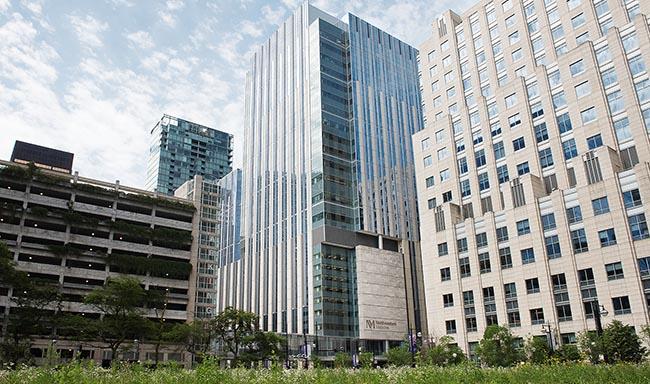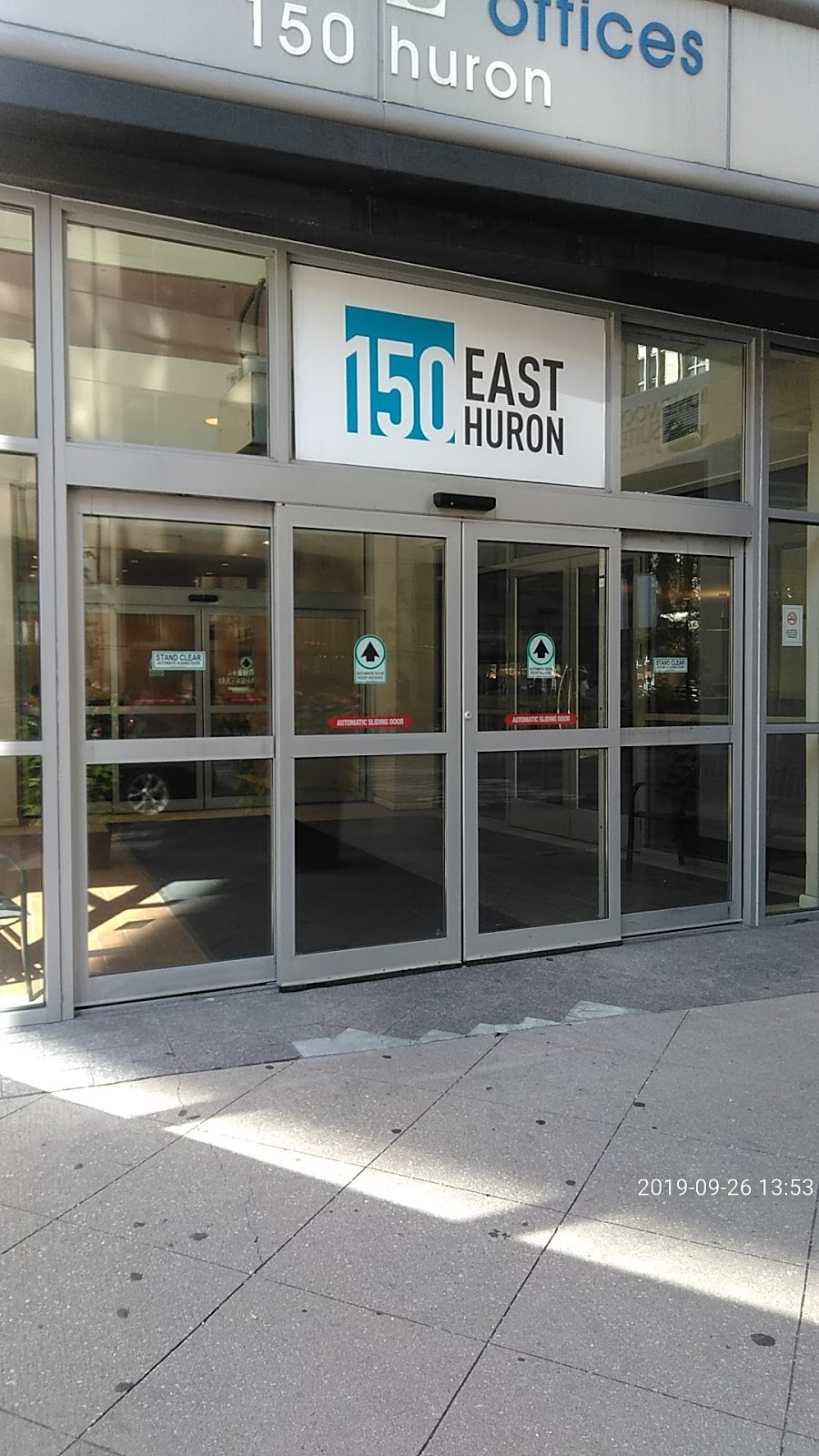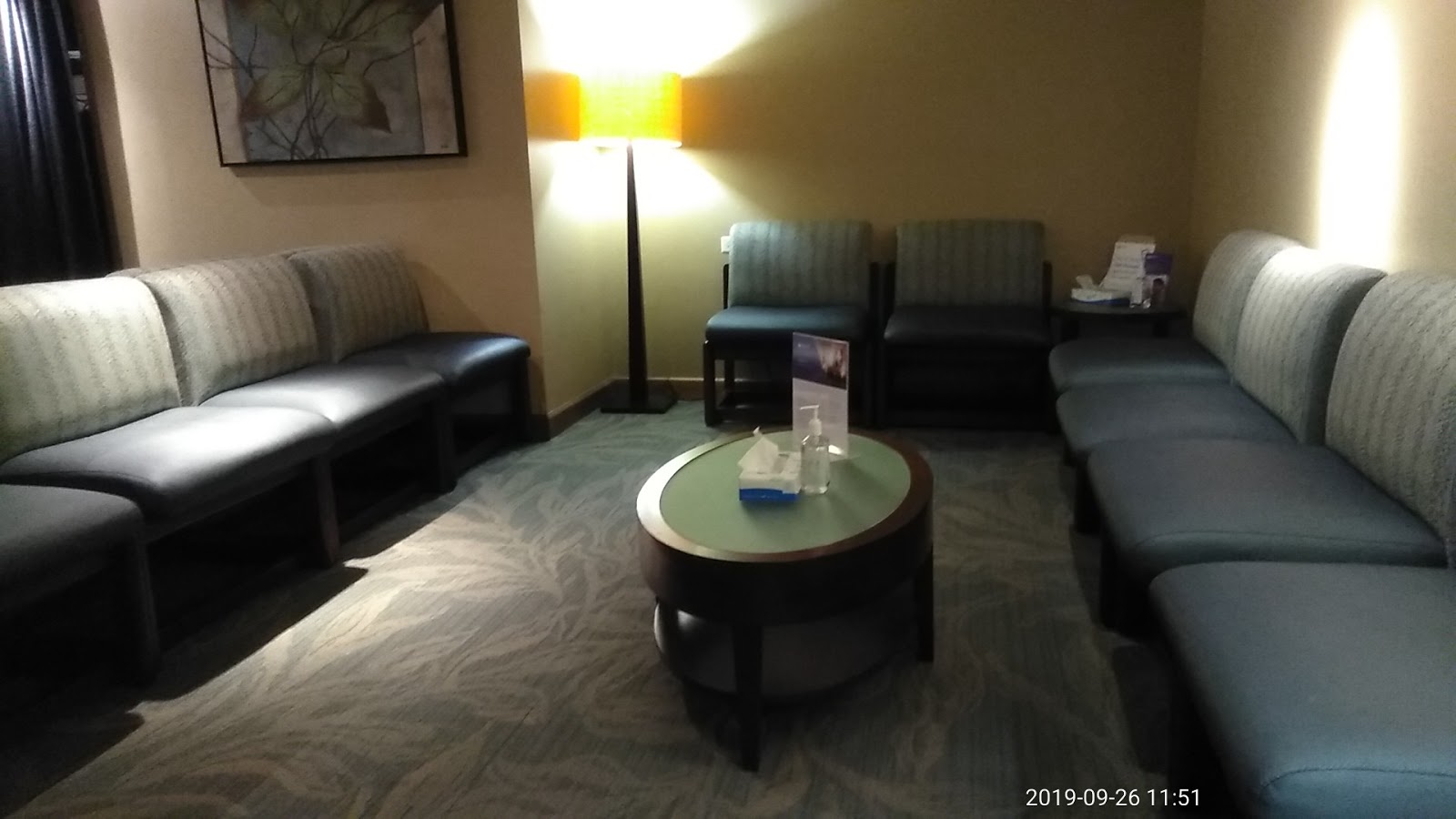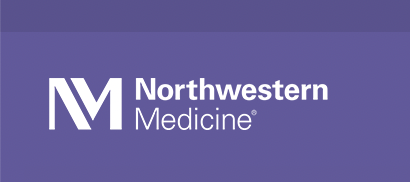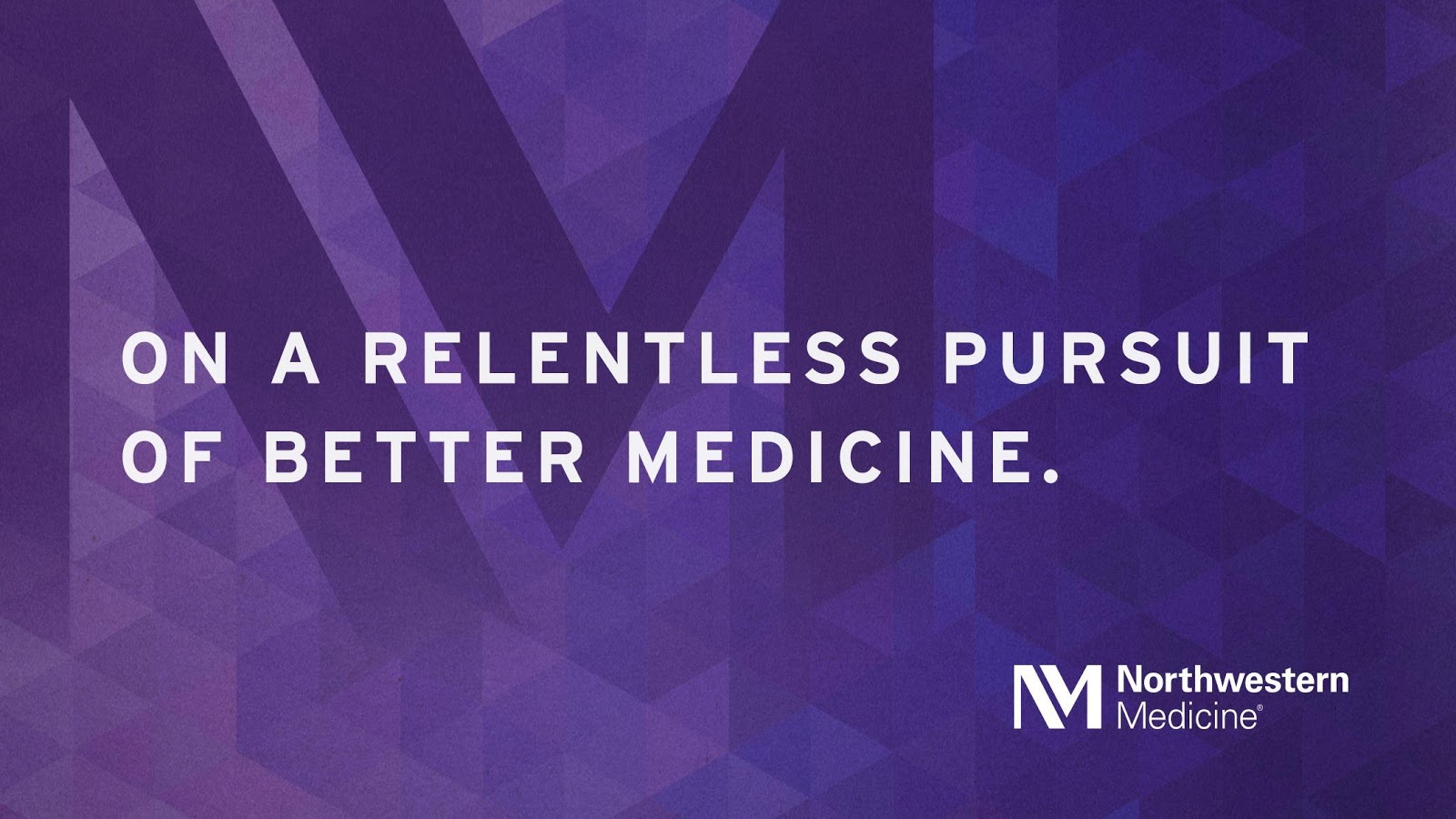Overview
Northwestern Medicine Osher Center for Integrative Medicine is an accredited substance abuse treatment center that provides outpatient detoxification, for men and women from 18+ years of age. As part of their special programs, Northwestern Medicine Osher Center for Integrative Medicine treats clients who have experienced trauma. To help patients achieve sobriety, Northwestern Medicine Osher Center for Integrative Medicine provides intake assessments. Afterward, patients receive family counseling, individual psychotherapy, and cognitive behavioral therapy during treatment. Northwestern Medicine Osher Center for Integrative Medicine is located in Chicago, Illinois, providing treatment for people in Cook County, accepting medicaid, private health insurance, and medicare.
Northwestern Medicine Osher Center for Integrative Medicine at a Glance
Payment Options
- Medicaid
- Private health insurance
- Medicare
- Payment assistance (check with facility for details)
- Federal military insurance (e.g., TRICARE)
Assessments
- Comprehensive mental health assessment
- Comprehensive substance use assessment
Age Groups
- Adults
- Children/adolescents
- Young adults
Operation
- Private for-profit organization
Accreditations
The Joint Commission:

The Joint Commission, previously known as JCAHO, is a nonprofit organization that accredits rehabilitation organizations and programs. Established in 1951, its mission is to enhance the quality of patient care and showcase excellence in healthcare delivery.
Treatment At Northwestern Medicine Osher Center for Integrative Medicine

Conditions Treated
Mental health treatment:
Mental health treatment provides a safe and structured environment where individuals can receive professional care and support for their mental health challenges. Within the facility, trained therapists, counselors, and medical staff work together to create personalized treatment plans tailored to each person's needs. Patients might participate in a variety of therapies, including individual counseling, group therapy, and possibly medication management. The goal is to equip individuals with the tools and strategies they need to cope with their conditions and lead fulfilling lives.
Alcoholism:
Alcohol addiction is a disease that changes the way the brain works. It causes negative emotions, impulsive behavior, cravings and withdrawal symptoms. Treatment for alcohol addiction includes supervised detox, counseling and therapy, and support group participation. Rehabilitation does not cure alcoholism. Instead, it helps the individual manage their addiction, restore their functioning, and well-being.
Opioid Addiction:
Opioid rehabilitation centers are dedicated to assisting individuals overcoming opioid dependence. They cater to those battling addiction from illicit opioids such as heroin, as well as those addicted to prescription medications like oxycodone. These facilities may provide a holistic approach that encompasses both physical care, which often involves medical detox and ongoing medical assistance (including medications), and psychological care through comprehensive therapy to tackle the root causes of addiction.
Substance use treatment:
Substance use rehabilitation embodies a holistic treatment approach crafted to assist individuals contending with drug or alcohol addiction. This all-encompassing rehabilitation strategy encompasses two crucial components: initially addressing the physical dependency, frequently commencing with detoxification, and subsequently confronting the psychological triggers through a diverse array of therapeutic methods. The overarching objective is to empower individuals to achieve and maintain sobriety while equipping them with essential skills and coping mechanisms for a successful reintegration into society and a life free from substance abuse.
Co-occurring Disorders:
Dual-diagnosis rehabs are usually the appropriate solution to treat co-occurring mental health and substance abuse disorders. These facilities typically employ medical and behavioral experts who use a range of interventions, together with the right healing environment, for you to achieve and sustain long-term recovery. Treatment usually includes evidence-based therapies (like cognitive behavioral therapy), recovery support meetings, 12-step facilitation, psychoeducation, skills training, and group therapy.

Levels Of Care
Intensive outpatient treatment:
Intensive outpatient (IOP) supports clients in maintaining their sobriety by providing tailored, high-quality care that adapts to their changing requirements. Clients participate in numerous weekly treatment sessions, generally receiving between nine to twenty hours of outpatient care. As clients achieve stability, the treatment frequency and intensity gradually diminish. Many intensive outpatient rehabilitation centers offer a range of services, including addiction counseling, training in life skills essential for recovery, and medication-assisted treatment (MAT). Additionally, evidence-based complementary therapies are frequently integrated into the program.
Detoxification:
Detoxification (detox) is the process of clearing the body of drugs or alcohol that an individual has consumed. The purpose of detox is to safely manage withdrawal symptoms when someone stops taking drugs or alcohol. It denotes a clearing of toxins from the body of the patient who is acutely intoxicated and/or dependent on substances of abuse. Detoxification seeks to minimize the physical harm caused by the abuse of substances.
Outpatient:
Outpatient programs are designed for individuals in stable medical condition with a low risk of relapse, often those who've completed inpatient treatment. These programs extend the foundation of prior treatment approaches, offering continuous addiction guidance and resources for sustained recovery. For those transitioning straight from detox, medical and psychological assessments are typically conducted, leading to the development of individualized treatment strategies. The majority of outpatient rehab centers provide diverse care levels, customized to each client's unique requirements.

Treatment Modalities
Family counseling:
Studies consistently show that the likelihood of sustainable recovery increases when family members are involved in rehab and substance abuse treatment. Genetic elements might influence susceptibility to drug and alcohol dependence and mental health challenges. Family interactions frequently contribute to addiction triggers. However, with the right education, family members can become pivotal support pillars during rehabilitation.
Individual psychotherapy:
Individual Psychotherapy provides a private, one-on-one setting where clients can explore and address their personal challenges, behaviors, and feelings related to addiction and recovery. With the guidance of a trained therapist, clients work to uncover the root causes of their substance use, develop coping strategies, and build a foundation for long-term recovery and personal growth.
Cognitive Behavioral Therapy:
Cognitive Behavioral Therapy (CBT) is a evidence-based psychotherapeutic approach that aims to address dysfunctional emotions, behaviors, and cognitions through a goal-oriented, systematic process. It involves identifying and challenging negative thought patterns and beliefs and replacing them with more constructive ways of thinking and behaving. CBT is commonly used to treat a variety of mental health disorders, including depression, anxiety, and phobias.
Dialectical Behavior Therapy:
Dialectical Behavior Therapy (DBT) for addiction treatment is a comprehensive cognitive-behavioral approach initially developed to treat individuals with borderline personality disorder. Adapted for addiction, DBT emphasizes the development of four core skills: mindfulness, emotion regulation, distress tolerance, and interpersonal effectiveness. Through individual and group sessions, patients learn to understand their triggers, manage negative emotions, cope with cravings, and improve relationships, all of which contribute to long-term recovery and reduced substance use.
Group counseling:
Group Therapy is a therapeutic space where individuals battling addiction come together to share experiences, gain insights, and support one another on their journey to recovery. Facilitated by trained professionals, this setting fosters communal healing and empowers participants to overcome the challenges of addiction through collective strength and understanding.
Experiential Therapy:
Experiential therapy is a form of therapy in which clients are encouraged to surface and work through subconscious issues by engaging in real-time experiences. Experiential therapy departs from traditional talk therapy by involving the body, and having clients engage in activities, movements, and physical and emotional expression. This can involve role-play or using props (which can include other people). Experiential therapy can help people process trauma, memories, and emotion quickly, deeply, and in a lasting fashion, leading to substantial and impactful healing.
Marital/couples counseling:
Whether a marriage or other committed relationship, an intimate partnership is one of the most important aspects of a person's life. Drug and alcohol addiction affects both members of a couple in deep and meaningful ways, as does rehab and recovery. Couples therapy and other couples-focused treatment programs are significant parts of exploring triggers of addiction, as well as learning how to build healthy patterns to support ongoing sobriety.
Trauma-related counseling:
Trauma-related counseling addresses the deeply rooted psychological wounds and distress that often coexist with substance use disorders. Recognizing that past traumatic experiences can play a significant role in the onset and persistence of addiction, this therapeutic approach aims to help individuals understand and process their trauma, develop coping skills, and work towards healing. Individuals are better equipped to achieve long-term recovery and improved mental well-being by simultaneously addressing both trauma and addiction.
Nutrition Therapy:
Medical Nutrition Therapy (MNT) is a personalized dietary approach to manage medical conditions and improve health. Spearheaded by registered dietitians or professional nutritionists, MNT involves the formulation of tailored diet plans to address specific health issues, promoting overall physical and mental well-being. Through MNT, individuals are empowered to make informed food choices, which play a pivotal role in their healthcare journey.
Electroconvulsive Therapy:
Electroconvulsive Therapy (ECT) is a medical procedure used in the treatment of severe mental health conditions, such as severe depression, bipolar disorder, and certain types of schizophrenia. During ECT, a carefully controlled electric current is applied to the brain, inducing a controlled seizure. This therapeutic intervention is typically administered under anesthesia and muscle relaxants to minimize discomfort and potential risks. ECT is considered when other treatments, such as medication and psychotherapy, have not been effective or when a rapid and intensive intervention is required. While its exact mechanisms are not fully understood, ECT has shown significant efficacy in relieving symptoms in some individuals, leading to improved mood and overall mental well-being. Healthcare professionals carefully monitor its use to ensure safety and effectiveness for each patient.
Life Skills:
Life skills training encompasses essential skills for individuals to navigate daily challenges successfully. This training includes time management, career guidance, money management, and effective communication, which are crucial for holistic addiction recovery. By mastering these skills, individuals are not only able to live substance-free but also thrive. Life skills training thus provides the practical tools for functional living in society, setting clients on a path toward lasting sobriety and success in life.
Nicotine replacement:
Nicotine Replacement Therapy (NRT) provides nicotine to the system without the need for smoking. It utilizes products that deliver minimal doses of nicotine, assisting individuals in their quest to quit smoking. The therapy aims to reduce nicotine cravings and mitigate withdrawal symptoms.
Ancillary Services
Languages
- Spanish
Special Programs
- Clients who have experienced trauma

Additional Locations
Contact Information
DISCLAIMER: The facility name, logo and brand are the property and registered trademarks of Northwestern Medicine Osher Center for Integrative Medicine, and are being used for identification and informational purposes only. Use of these names, logos and brands shall not imply endorsement. BetterAddictionCare.com is not affiliated with or sponsored by Northwestern Medicine Osher Center for Integrative Medicine.
